Saturday, March 6, 2010
Review: "Two Dooms" by C. M. Kornbluth
This short story was originally published in 1958, and can be classified as a science fantasy piece concerned with alternate history. Cyril M. Kornbluth is one of the most gifted short fiction writers one may encounter in the realm of speculative fiction, and this has to be one of his most brilliant works, though it runs only 34 closely-printed pages. Kornbluth uses a plot-device wherein he makes his central character ingest a peyote button administered by a Hopi medicine man. Our protagonist is an overworked, ethically-troubled young scientist, Dr. Edward Royland, working under Oppenheimer on the Manhattan Project in the desert of New Mexico. The peyote and a kind of quantum-shamanic ritual open a temporal portal for the protagonist, who is taken on an odyssey in which he experiences a far future America where the German Nazis and the Japanese Imperialists are the winners of World War II, and the feudalistic, fascistic, racist, and anti-intellectual tenets of these powers have been allowed to develop in the former United States, which these two powers have long ago divided between them in a kind of interlocking confederacy. The result of this has been a complete devolution of the free and democratic society the time-traveling young scientist had once known back in the mid-1940s. In terms of literary publication, this short story anticipates the same scenario found in Phillip K. Dick's brilliant novel, The Man in the High Castle, by six years, and in many ways Kornbluth's tale of an Axis Powers' victory conveys a far more intense experience for the reader in its exploration of the ramifications of both Asian and European versions of fascism upon the lot of the common person, as well as the wreckage it makes of education and scientific advancement. Kornbluth tells his story with great energy, mind-wrenching irony, accompanied by mounting implications of human depravity, startling humor, and a sense of human tragedy that leave the reader with a sense that this is tale is epic in scope despite its brevity. In the end it forces one to confront the fact that, that however terrible the invention of the atomic bomb remains for us, the failure to have developed it as a deterrent by the Allies against populistically-fueled militaristic movements might have led to an equally terrible fate for the ultimate progress and liberty of humanity across the globe. Kornbluth here also tears down the popular myth that Nazism attracted an unalloyed nexus of brilliant scientific intellects, for his story of an alternative future exposes the grossly unscientific notions and medieval presumptions of historical Nazi dogma and the absurd directions it would have taken humanity if it had developed unchallenged and become chronically institutional. To read this story one can perhaps most readily run across it in this most recent collection: His Share of Glory: The Complete Short Science Fiction of C.M. Kornbluth. Edited by Timothy Szczesuil. Published by NESFA Press. Copyright 1997.
Subscribe to:
Post Comments (Atom)
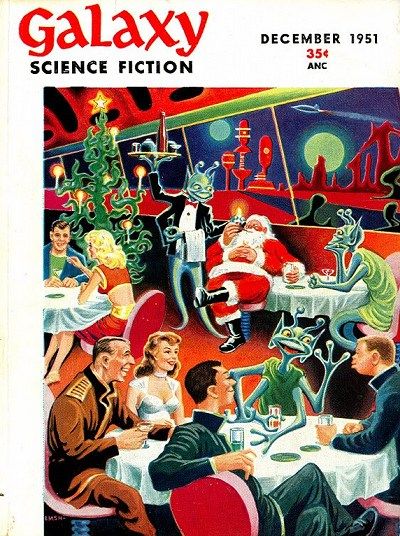








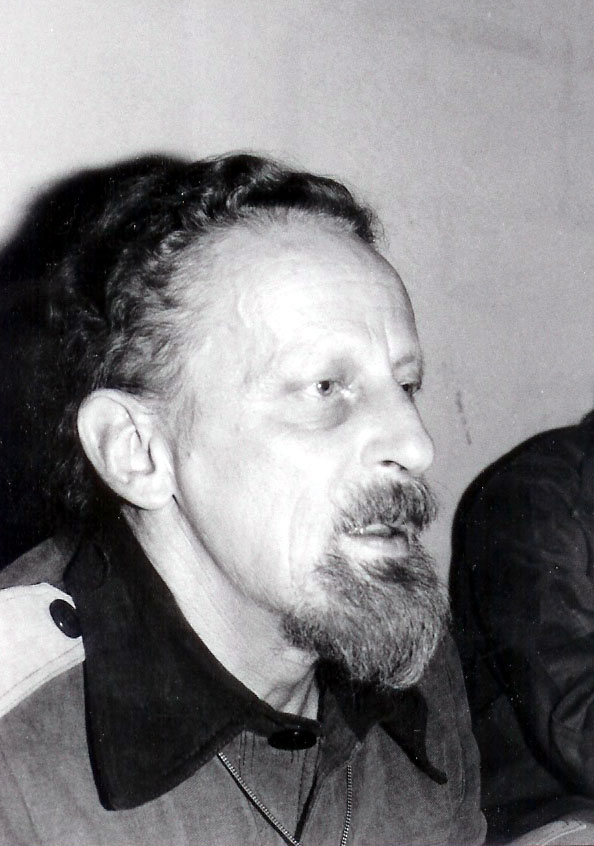



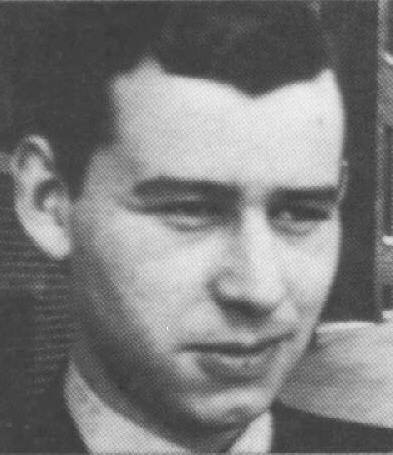






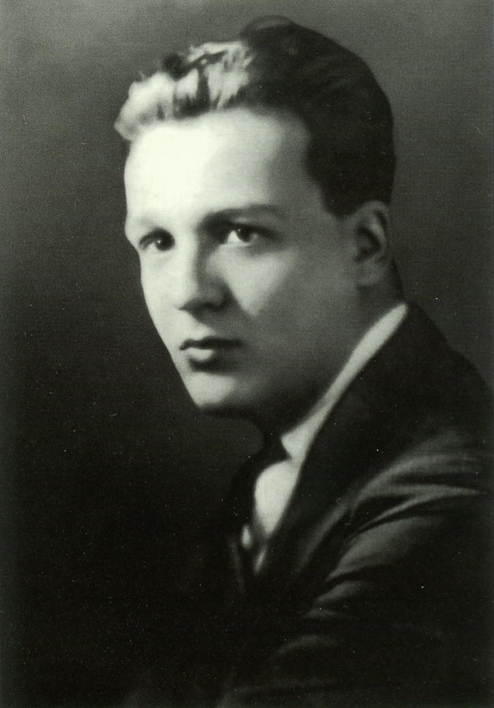



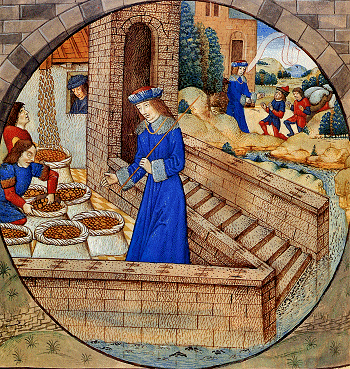


Great review of one of my favorite short stories of all time.
ReplyDeleteafter returning from the time trip, the scientist can decide with clear conscience to nuke Nazi and Empire
ReplyDelete